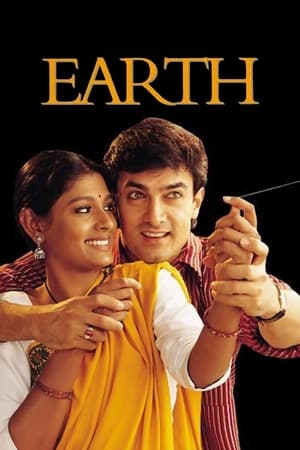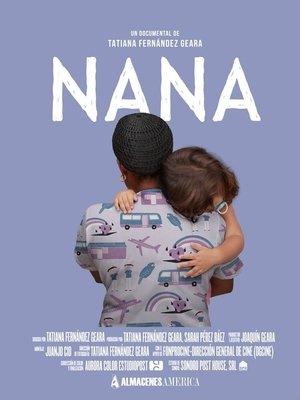
Censored Voices(2015)
The Six-Day War, Uncut.
The 1967 'Six-Day' war ended with Israel's decisive victory; conquering Jerusalem, Gaza, Sinai and the West Bank. It is a war portrayed, to this day, as a righteous undertaking - a radiant emblem of Jewish pride. One week after the war, a group of young kibbutzniks, led by renowned author Amos Oz, recorded intimate conversations with soldiers returning from the battlefield. The recording revealed an honest look at the moment Israel turned from David to Goliath. The Israeli army censored the recordings, allowing the kibbutzniks to publish only a fragment of the conversations. 'Censored Voices' reveals the original recordings for the first time.


Movie: Censored Voices
Top 1 Billed Cast
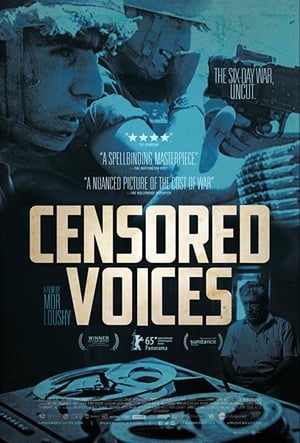
Censored Voices
HomePage
Overview
The 1967 'Six-Day' war ended with Israel's decisive victory; conquering Jerusalem, Gaza, Sinai and the West Bank. It is a war portrayed, to this day, as a righteous undertaking - a radiant emblem of Jewish pride. One week after the war, a group of young kibbutzniks, led by renowned author Amos Oz, recorded intimate conversations with soldiers returning from the battlefield. The recording revealed an honest look at the moment Israel turned from David to Goliath. The Israeli army censored the recordings, allowing the kibbutzniks to publish only a fragment of the conversations. 'Censored Voices' reveals the original recordings for the first time.
Release Date
2015-01-24
Average
5.9
Rating:
3.0 startsTagline
The Six-Day War, Uncut.
Genres
Languages:
EnglishעִבְרִיתKeywords
Recommendations Movies
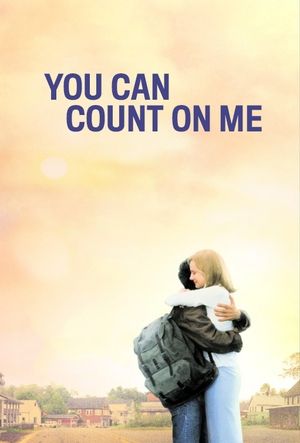 6.8
6.8You Can Count on Me(en)
A single mother's life is thrown into turmoil after her struggling, rarely-seen younger brother returns to town.
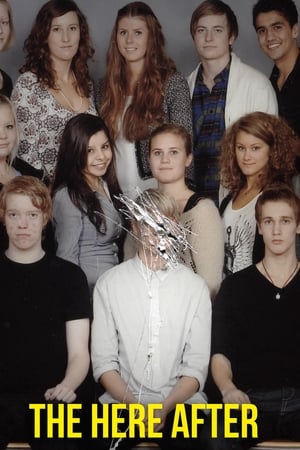 6.4
6.4The Here After(sv)
When John returns home to his father after serving time in prison, he is looking forward to starting his life afresh. However, in the local community his crime is neither forgotten nor forgiven.
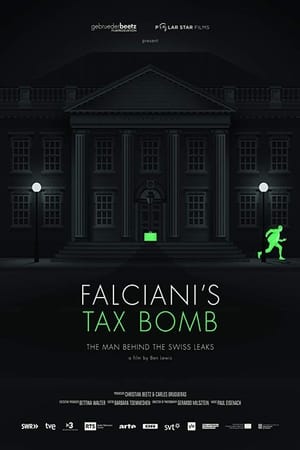 7.0
7.0Falciani's Tax Bomb: The Man Behind the Swiss Leaks(es)
Documentary - In 2008, Hervé Falciani left his job at the Swiss branch of HSBC, taking with him - without authorisation - a hard-drive containing a database of 130,000 named bank accounts, held by citizens from 180 countries. This database found its way into the hands of many world governments. The purpose of this film is to examine the tax debate in a critical and engaging but also a balanced way. - Peer Steinbrück, Hervé Falciani, Michael Lauber
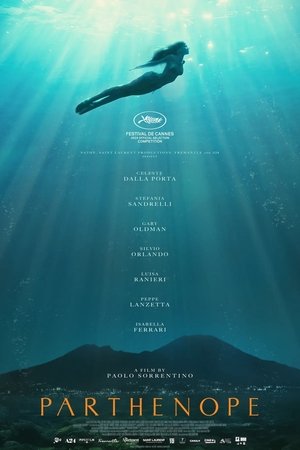 6.8
6.8Parthenope(it)
Parthenope, born in the sea near Naples in 1950, is beautiful, enigmatic, and intelligent. She is shamelessly courted by many. However, beauty comes at a cost.
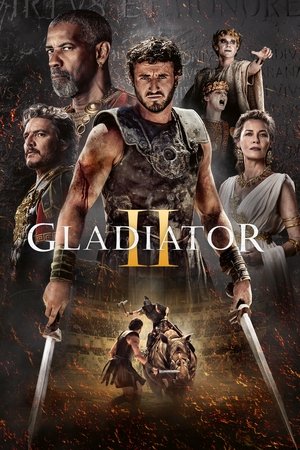 6.7
6.7Gladiator II(en)
Years after witnessing the death of the revered hero Maximus at the hands of his uncle, Lucius is forced to enter the Colosseum after his home is conquered by the tyrannical Emperors who now lead Rome with an iron fist. With rage in his heart and the future of the Empire at stake, Lucius must look to his past to find strength and honor to return the glory of Rome to its people.
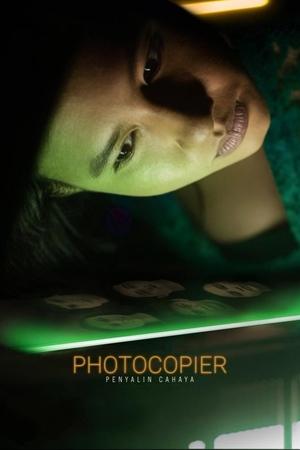 6.9
6.9Photocopier(id)
When photos of her at a party cause her to lose a scholarship, a student investigates whether something devastating happened to her that night.
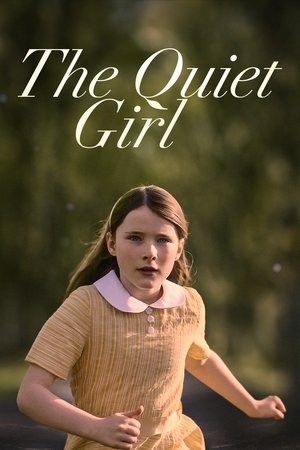 7.5
7.5The Quiet Girl(ga)
A quiet, neglected girl is sent away from her dysfunctional family to live with relatives for the summer. She blossoms in their care, but in this house where there are meant to be no secrets, she discovers one.
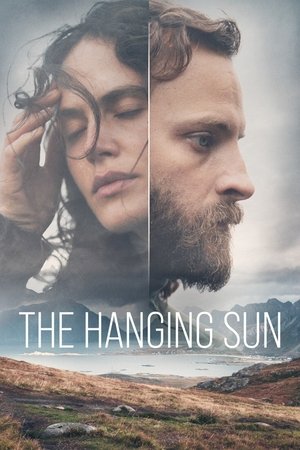 5.6
5.6The Hanging Sun(en)
On the run from his former employer, a reluctant hitman seeks refuge in an isolated village where he is faced with events that test the true nature of his conscience.
 7.2
7.2The Shadow Strays(id)
Skilled in the art of killing, a young assassin defies her mentor to save a boy from a ruthless crime syndicate — and she'll destroy anyone in her path.
 6.9
6.9Old Man Junior(en)
Morbius Jr, now an OId Man, is nearing the end of life, when he finds the last hope for all Morbkind. However, as he fights to protect the future of Morbheads, he finds himself facing off against an unlikely of enemy... HIMSELF.
 6.6
6.6A California Christmas: City Lights(en)
Follows Callie and Joseph one year after they fell in love, now running a dairy farm and winery, but their romance is threatened when business and family obligations call Joseph back to the city.
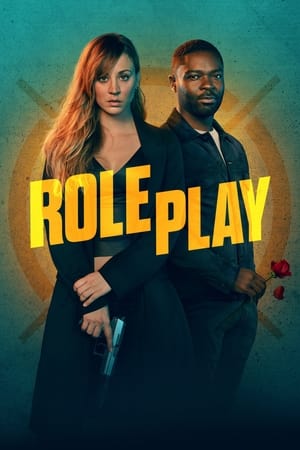 6.0
6.0Role Play(en)
Emma has a wonderful husband and two kids in the suburbs of New Jersey – she also has a secret life as an assassin for hire – a secret that her husband David discovers when the couple decide to spice up their marriage with a little role play.
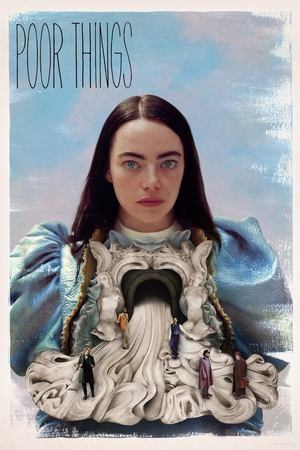 7.7
7.7Poor Things(en)
Brought back to life by an unorthodox scientist, a young woman runs off with a lawyer on a whirlwind adventure across the continents. Free from the prejudices of her times, she grows steadfast in her purpose to stand for equality and liberation.
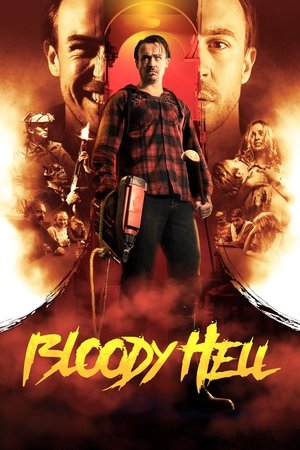 6.5
6.5Bloody Hell(en)
A man with a mysterious past flees the country to escape his own personal hell... only to arrive somewhere much worse. In an effort to survive this new horror, he turns to his personified conscience.
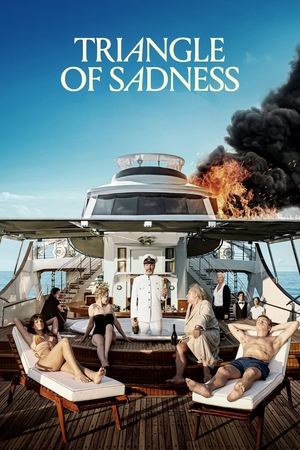 7.1
7.1Triangle of Sadness(en)
A celebrity model couple are invited on a luxury cruise for the uber-rich, helmed by an unhinged, alcoholic captain. What first appears Instagrammable ends catastrophically, leaving the survivors stranded on a desert island in a struggle of hierarchy.
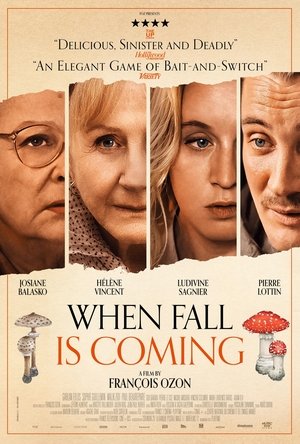 6.5
6.5When Fall Is Coming(fr)
Michelle is enjoying a peaceful retirement in a Burgundy village, close to her longtime friend Marie-Claude. When her Parisian daughter Valérie drops off her son Lucas to spend school vacation with his grandma, Michelle, stressed out by her daughter, serves her toxic mushrooms for lunch. Valérie quickly recovers, but forbids her mother from seeing her grandson anymore. Feeling lonely and guilty, Michelle falls into a depression... until Marie-Claude's son gets out of prison.
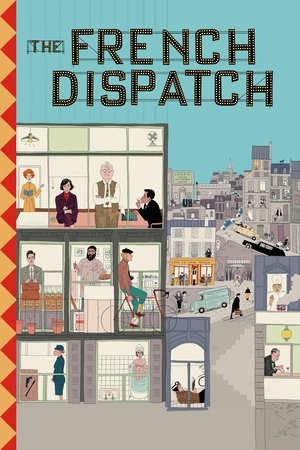 7.0
7.0The French Dispatch(en)
The staff of an American magazine based in France puts out its last issue, with stories featuring an artist sentenced to life imprisonment, student riots, and a kidnapping resolved by a chef.
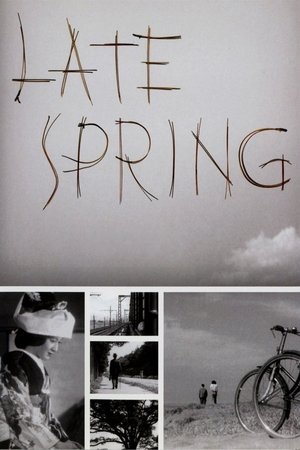 8.0
8.0Late Spring(ja)
Noriko is perfectly happy living at home with her widowed father, Shukichi, and has no plans to marry -- that is, until her aunt Masa convinces Shukichi that unless he marries off his 27-year-old daughter soon, she will likely remain alone for the rest of her life. When Noriko resists Masa's matchmaking, Shukichi is forced to deceive his daughter and sacrifice his own happiness to do what he believes is right.
 6.5
6.5Summer Hours(fr)
After the death of a septuagenarian woman, her three children deliberate over what to do with her estate.
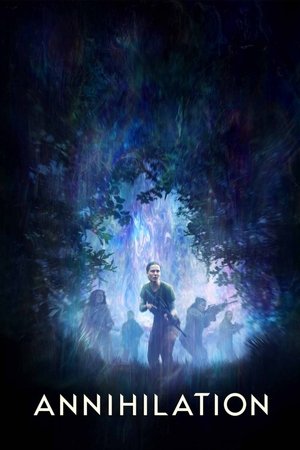 6.4
6.4Annihilation(en)
A biologist signs up for a dangerous, secret expedition into a mysterious zone where the laws of nature don't apply.
Similar Movies
 6.9
6.9Olympia: Part One – Festival of the Nations(de)
Commissioned to make a propaganda film about the 1936 Olympic Games in Germany, director Leni Riefenstahl created a celebration of the human form. This first half of her two-part film opens with a renowned introduction that compares modern Olympians to classical Greek heroes, then goes on to provide thrilling in-the-moment coverage of some of the games' most celebrated moments, including African-American athlete Jesse Owens winning a then-unprecedented four gold medals.
 6.7
6.7Olympia: Part Two – Festival of Beauty(de)
Commissioned to make a propaganda film about the 1936 Olympic Games in Germany, director Leni Riefenstahl created a celebration of the human form. Where the two-part epic's first half, Festival of the Nations, focused on the international aspects of the 1936 Olympic Games held in Berlin, part two, The Festival of Beauty, concentrates on individual athletes such as equestrians, gymnasts, and swimmers, climaxing with American Glenn Morris' performance in the decathalon and the games' majestic closing ceremonies.
 7.0
7.0Jesus Camp(en)
Jesus Camp is a Christian summer camp where children hone their "prophetic gifts" and are schooled in how to "take back America for Christ". The film is a first-ever look into an intense training ground that recruits born-again Christian children to become an active part of America's political future.
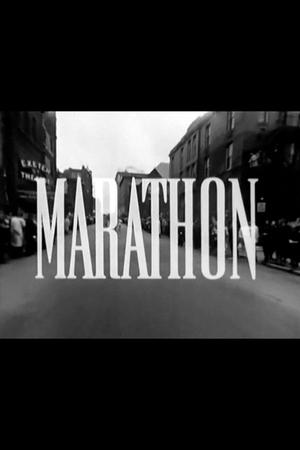 0.0
0.0Marathon(en)
Started as a class project in what was likely the first filmmaking course ever taught at Harvard, Marathon documents the running of the 1964 Boston Marathon.
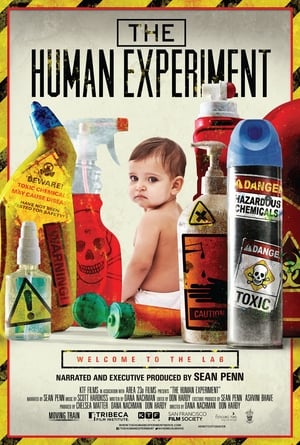 6.5
6.5The Human Experiment(en)
A documentary that explores the potential dangers of toxic chemicals in consumer products and the recent spike in unexplained health phenomena.
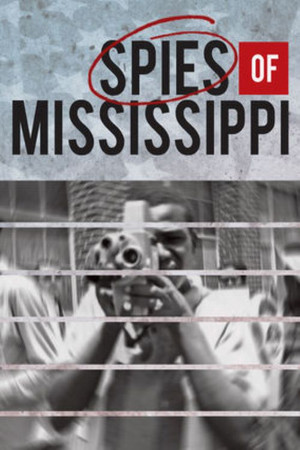 7.3
7.3Spies of Mississippi(en)
Spies of Mississippi tells the story of a secret spy agency formed by the state of Mississippi to preserve segregation and maintain white supremacy. The anti-civil rights organization was hidden in plain sight in an unassuming office in the Mississippi State Capitol. Funded with taxpayer dollars and granted extraordinary latitude to carry out its mission, the Commission evolved from a propaganda machine into a full blown spy operation. How do we know this is true? The Commission itself tells us in more than 146,000 pages of files preserved by the State. This wealth of first person primary historical material guides us through one of the most fascinating and yet little known stories of America's quest for Civil Rights.
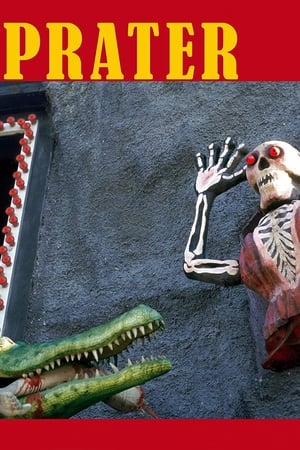 5.8
5.8Prater(de)
Vienna’s Prater is an amusement park and a desire machine. No mechanical invention, no novel idea or sensational innovation could escape incorporation into the Prater. The diverse story-telling in Ulrike Ottinger’s film “Prater” transforms this place of sensations into a modern cinema of attractions. The Prater’s history from the beginning to the present is told by its protagonists and those who have documented it, including contemporary cinematic images of the Prater, interviews with carnies, commentary by Austrians and visitors from abroad, film quotes, and photographic and written documentary materials. The meaning of the Prater, its status as a place of technological innovation, and its role as a cultural medium are reflected in texts by Elfriede Jelinek, Josef von Sternberg, Erich Kästner and Elias Canetti, as well as in music devoted to this amusement venue throughout the course of its history.
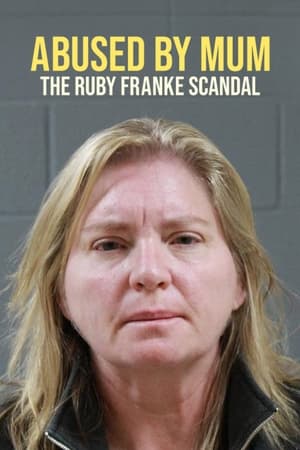 0.0
0.0Abused by Mum: The Ruby Franke Scandal(en)
Ruby Franke's rise as a "momfluencer" with millions of followers hid a nightmare; when her son fled and alerted a neighbor about the abuse, police raided her home, rescuing her children.
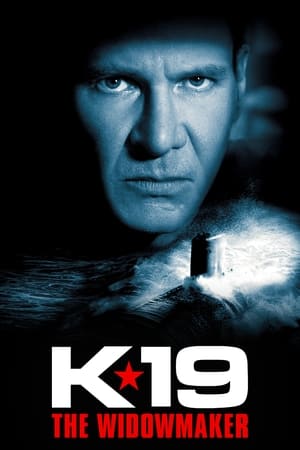 6.5
6.5K-19: The Widowmaker(en)
When Russia's first nuclear submarine malfunctions on its maiden voyage, the crew must race to save the ship and prevent a nuclear disaster.
Crimes of Honour(en)
Throughout the Islamic world, each year hundreds of women are shot, stabbed, strangled or burned to death by male relatives because they are thought to have “dishonoured” their families. They may have lost their virginity, refused an arranged marriage or left an abusive husband. Even if a woman is raped or merely the victim of gossip, she must pay the price. Crimes of Honour documents the terrible reality of femicide – the belief that a girl’s body is the property of the family, and any suggestion of sexual impropriety must be cleansed with her blood. We meet women in hiding from their families, a brother who describes his reasons for killing the sister he loved, and a handful of women who have committed themselves to the protection of young women in danger of losing their lives.
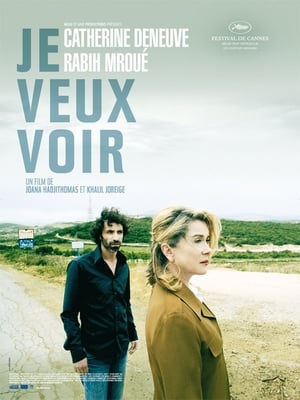 5.7
5.7I Want to See(fr)
July 2006. Another war breaks out in Lebanon. The directors decide to follow a movie star, Catherine Deneuve and a friend, actor and artist Rabih Mroue;, on the roads of South Lebanon. Together, they will drive through the regions devastated by the conflict. It is the beginning of an unpredictable, unexpected adventure...
 4.9
4.9Visions of Europe(en)
Twenty-five films from twenty-five European countries by twenty-five European directors.
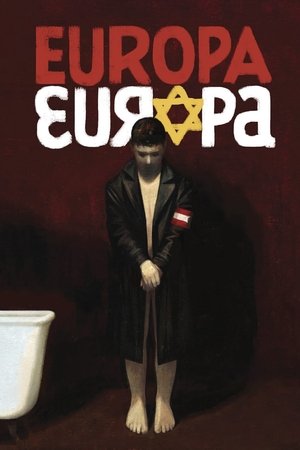 7.3
7.3Europa Europa(de)
A Jewish boy separated from his family in the early days of WWII poses as a German orphan and is taken into the heart of the Nazi world as a 'war hero' and eventually becomes a Hitler Youth.
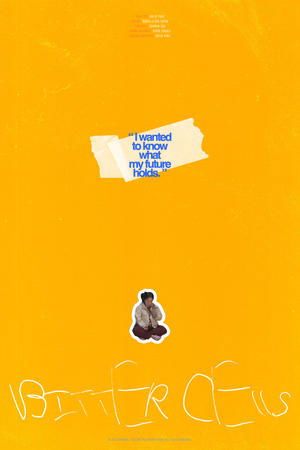 0.0
0.0Bitter Cells(ko)
Huiju learned of her biopsy test results, but lied to her mum about them. Feeling guilty about the lie, she embarks on her journey to find cancer patients who have the same diagnosis as hers and learns about their experiences. After hearing their stories, she finds the courage to tell the truth to her mum.
10 + 4 (Dah be alaveh chahar)(en)
After casting painter and video artist Mania Akbari as the central figure of his groundbreaking Ten (2002), and then witnessing her outstanding debut as a feature film director in 20 Fingers (2004), Abbas Kiarostami urged her to direct a sequel to the film. In Dah be alaveh Chahar (10 + 4), though, circumstances are different: Mania is fighting cancer. She has undergone surgery; she has lost her hair following chemotherapy and no longer wears the compulsory headscarf; and sometimes she is too weak to drive. So the camera follows her to record conversations with friends and family in different spaces, from the gondola she had famously used in her first feature to a hospital bed.
 5.7
5.7Bowie: The Man Who Changed the World(en)
Experience an inside look at David Bowie's incredible influence on music, art and culture via interviews with some of the people who knew him best.
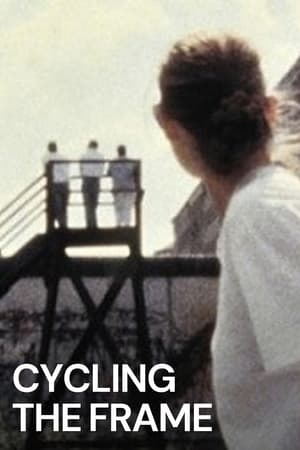 6.9
6.9Cycling the Frame(en)
In 1988, Tilda Swinton toured round the Berlin Wall on a bicycle - starting and ending at the Brandenburg Gate - accompanied by filmmaker Cynthia Beatt. As Swinton travels through fields and historic neighborhoods, past lakes and massive concrete apartment buildings, the Wall is a constant presence.
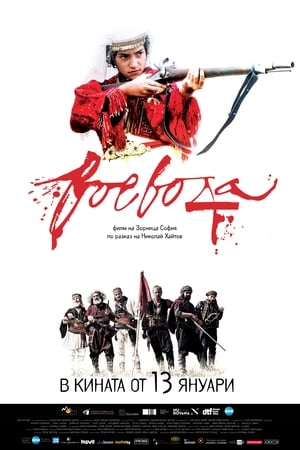 7.2
7.2Voevoda(bg)
At the end of the 18th century in Bulgaria under Ottoman slavery, a young woman leaves home and family to become leader of a guerrilla gang.
